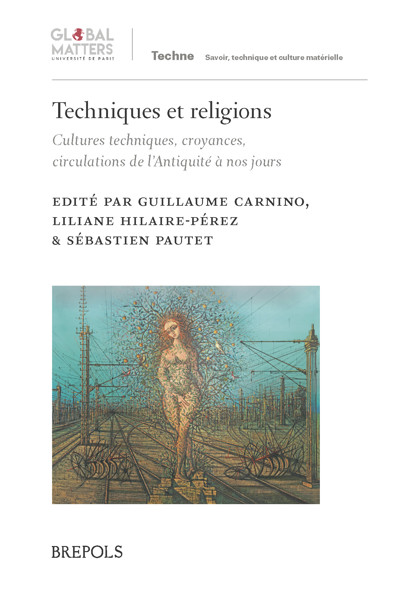
Useful Nature(s)
Science, Pedagogy and the Power of Youth in Early Modern Central Europe
Kelly J. Whitmer
- Pages: approx. 200 p.
- Size:178 x 254 mm
- Illustrations:46 b/w, 5 col.
- Language(s):English
- Publication Year:2026
- € 80,00 EXCL. VAT RETAIL PRICE
- ISBN: 978-2-503-61941-5
- Hardback
- Forthcoming (May/26)
- € 80,00 EXCL. VAT RETAIL PRICE
- ISBN: 978-2-503-61942-2
- E-book
- Forthcoming
*How to pre-order?
Kelly J. Whitmer is Professor of History at Sewanee: The University of the South. Her first book (*The Halle Orphanage as Scientific Community: Observation, Eclecticism and Pietism in the Early Enlightenment*) was published by the University of Chicago Press in 2015. Her research and professional collaborations have been supported by the Alexander von Humboldt Foundation, the Max Planck Institute for the History of Science (MPIWG), the Fritz Thyssen Foundation, the Fulbright program and more.
The study of youth remains a tantalizing prospect in the sciences today, particularly as a means of extending life. Many institutions rely on the flexibility, cheaper labor and creative approaches to problem solving that young people often carry with them into research and professional environments. Now, as in the past, practitioners of the sciences are drawn to evidence of intellectual precocity or signs of premature ingenuity. Useful Nature(s) recovers the largely untold story of science’s preoccupation with the power of the young, including their heightened capacities to “know use” and to embody playful, yet productive, forms of physical labor. It focuses on a pivotal moment in the history of early modern Central European communities, when scholars, physicians, teachers and administrators began calling for intensified investigations of the young body, particularly its tendency to play, to move constantly, and to deploy tools and materials strategically. Drawing much needed attention to science’s fascination with youth’s power, Useful Nature(s) highlights efforts to derive benefit from the young person’s relationship to the future and potential to dramatically reconfigure knowledge-making practices and communities.
Introduction: Young and Useful Natures
Chapter 1. Coconut palm: Cultivating Trees of a Thousand Uses
Chapter 2. School: Imitation and Realia in the School of Play
Chapter 3. Games & Collections: Purposeful Nature(s): Youth as Players, Collectors and Economists
Chapter 4. Prodigy: The Body Of the Prodigy: Precocity and Futurity in the Young Ingenium
Conclusion




